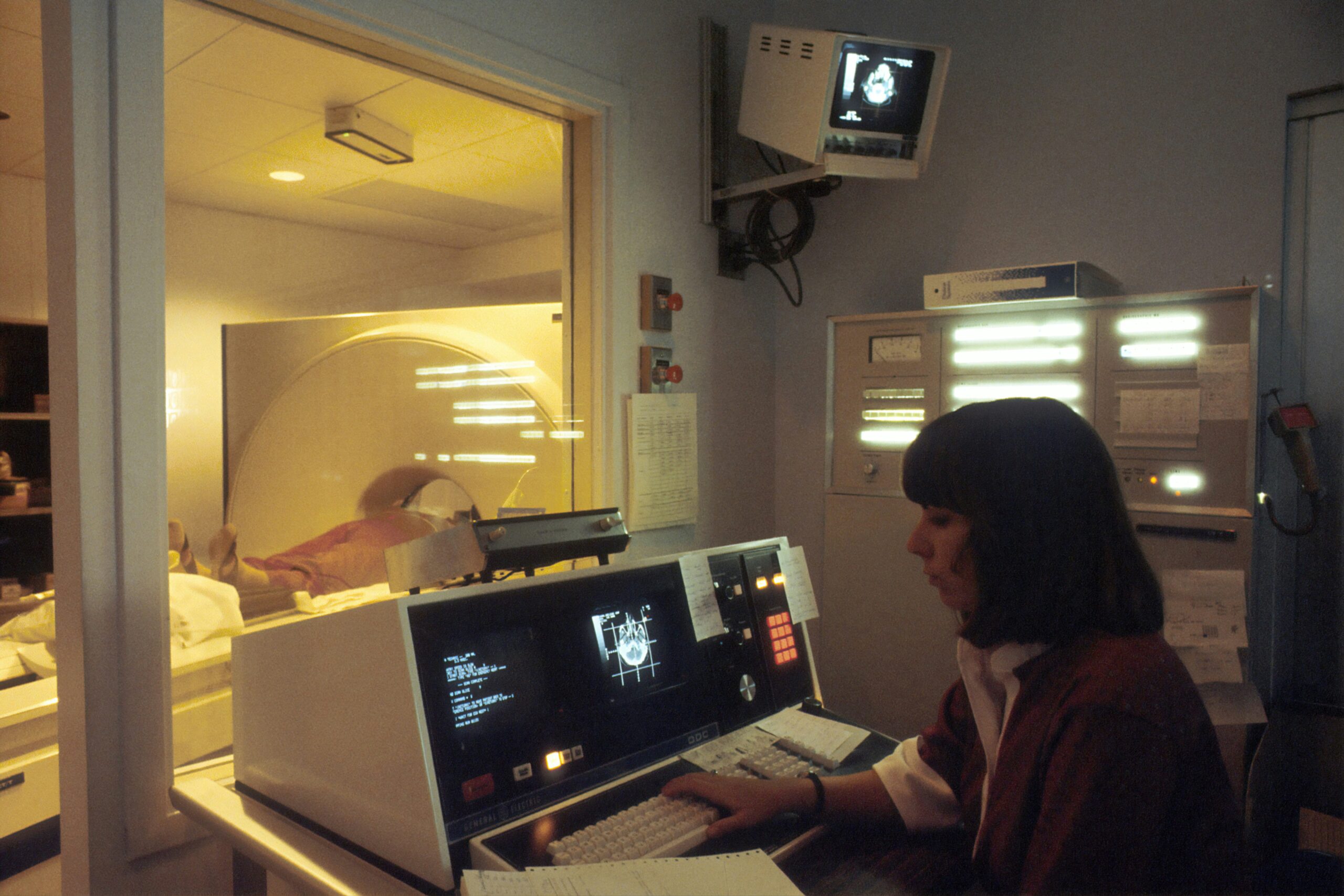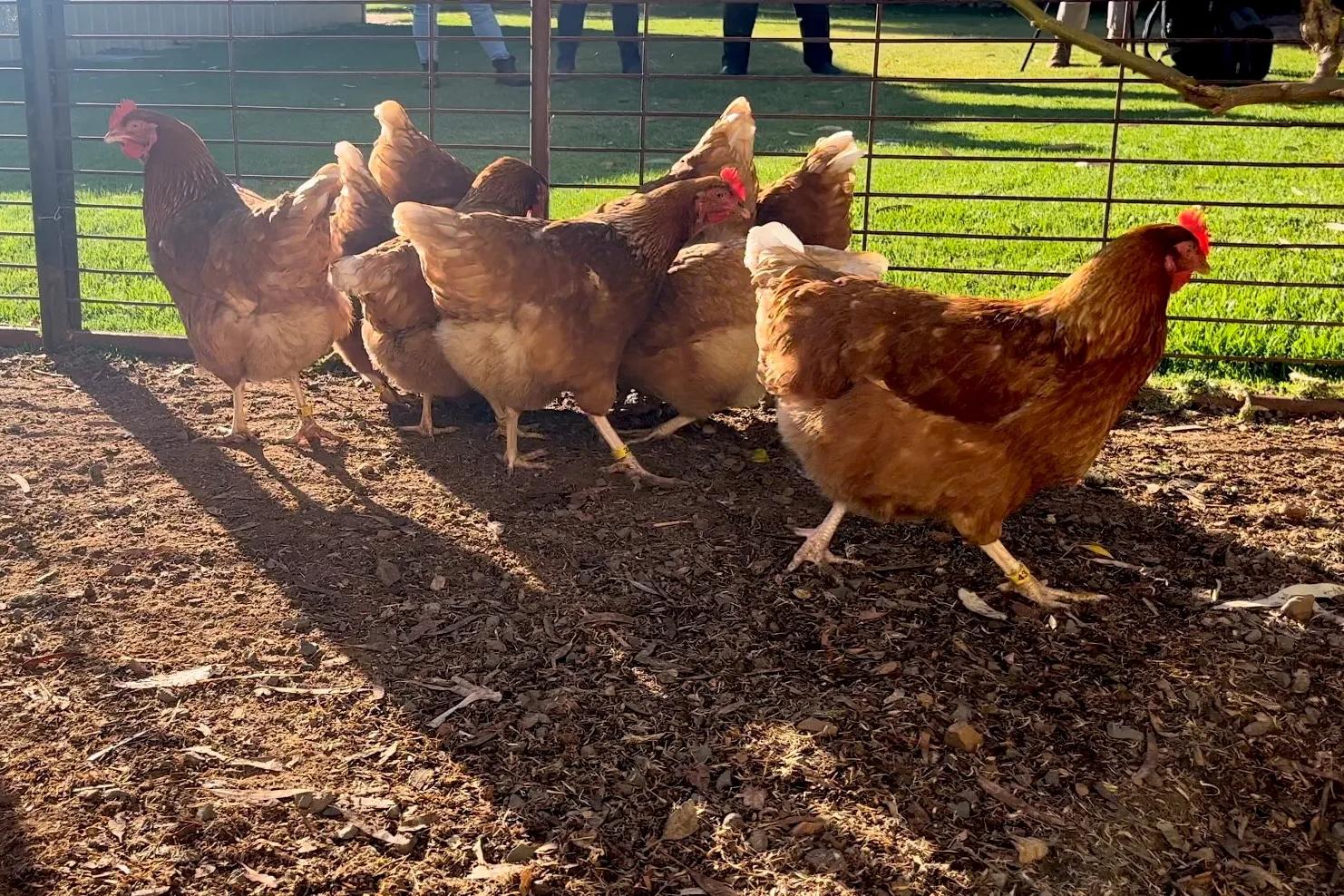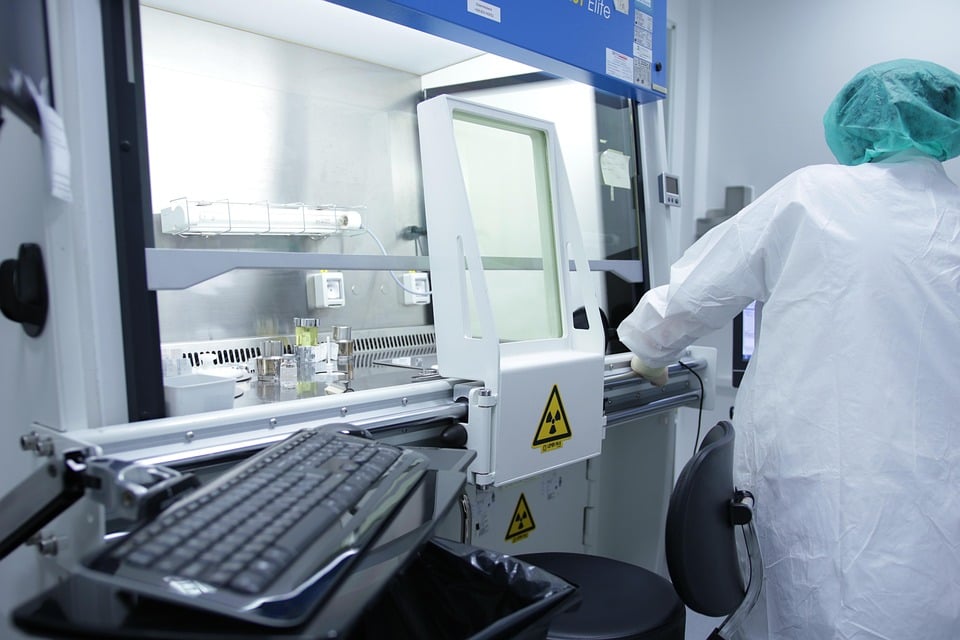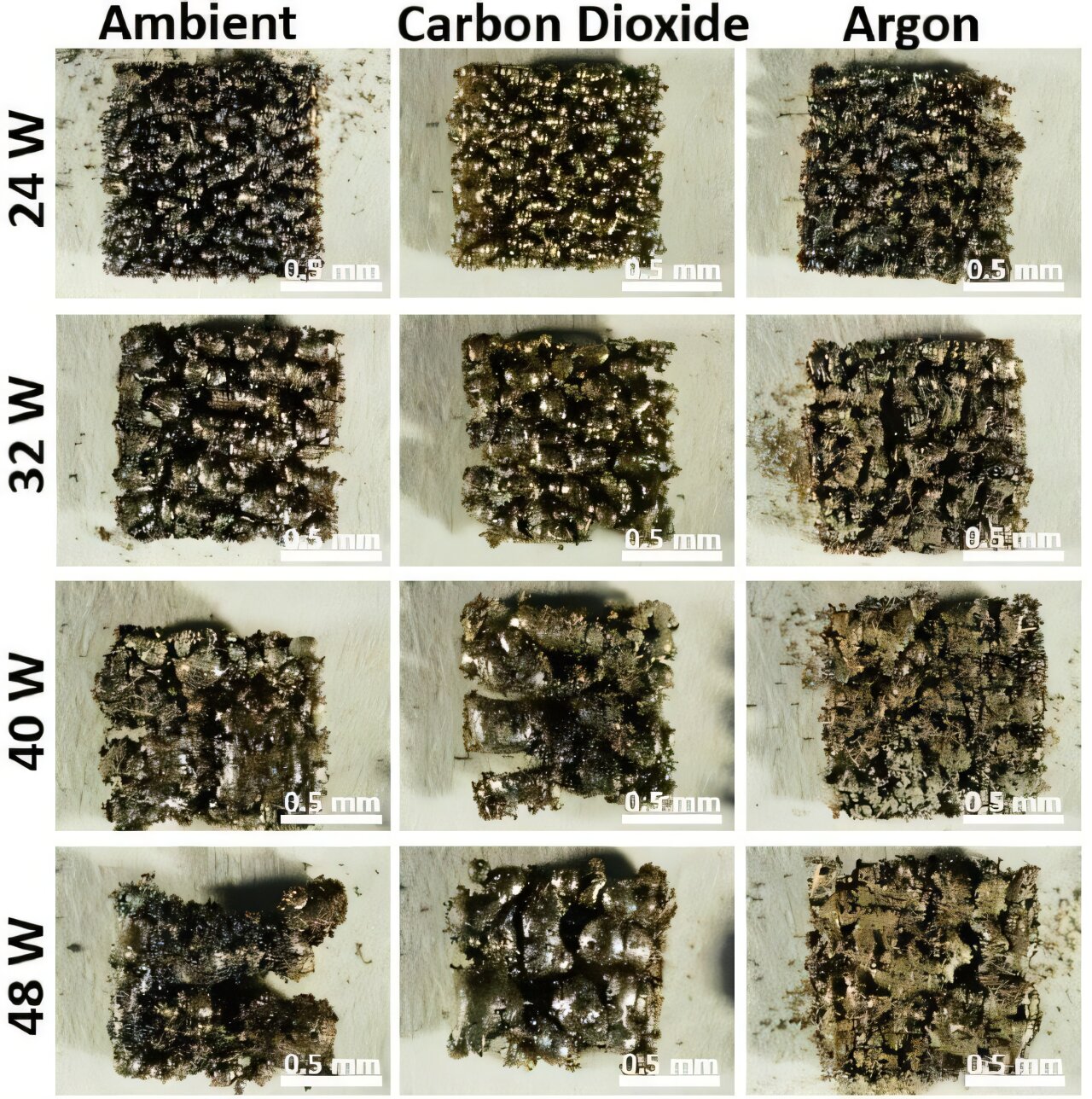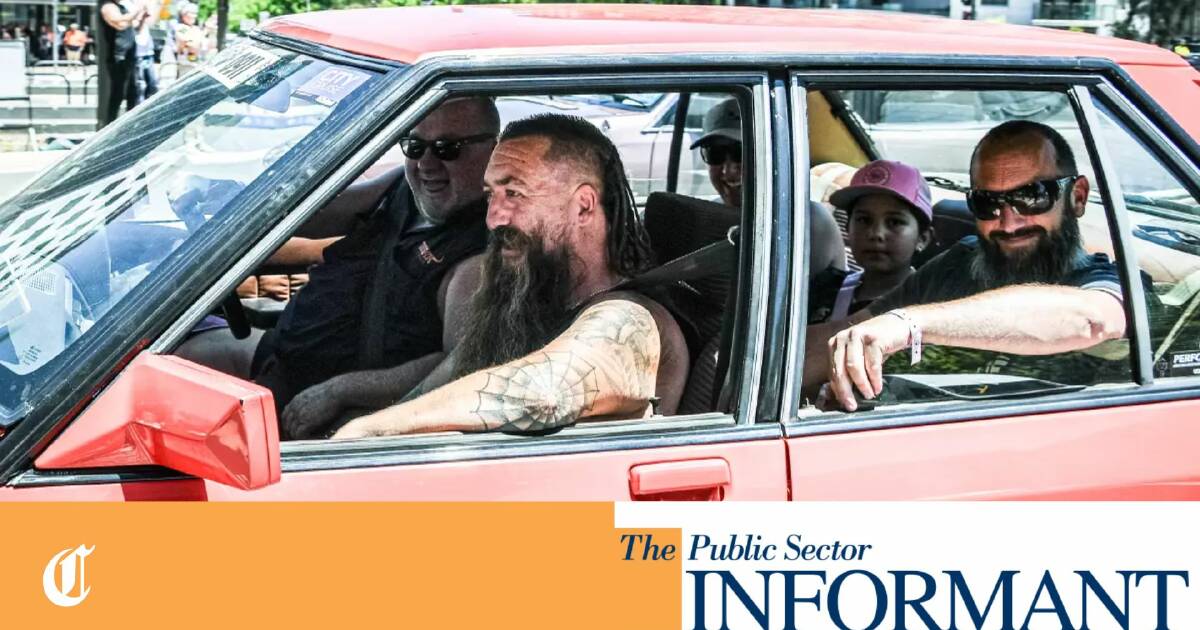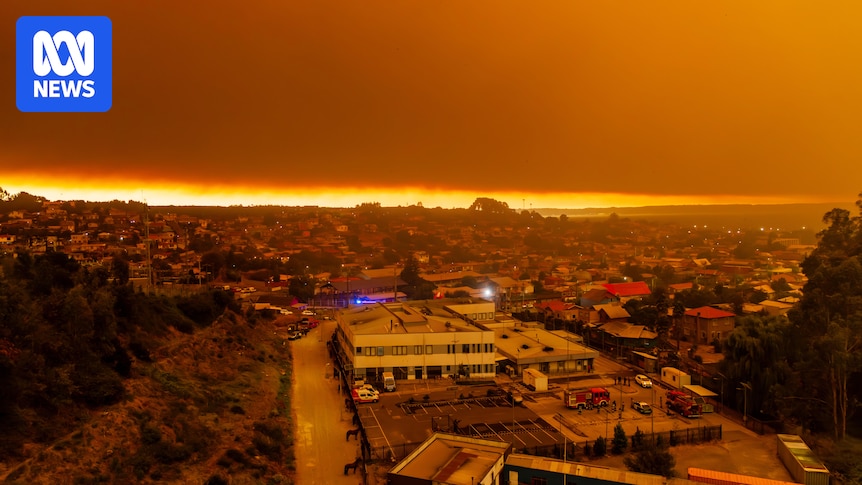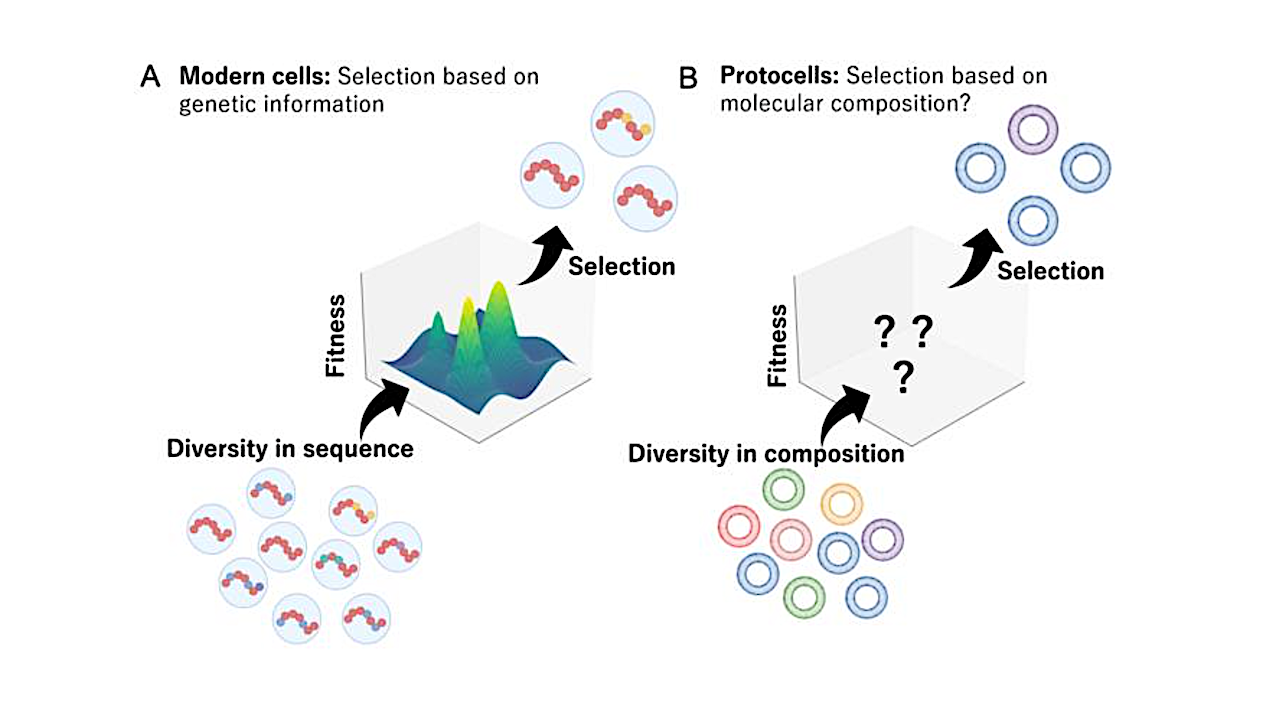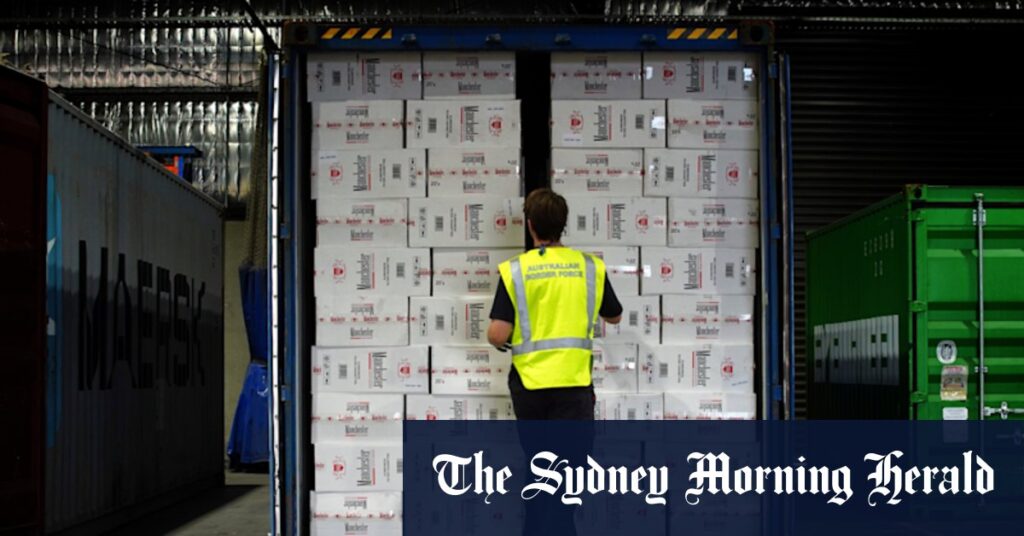
Illegal tobacco importers in Australia will now face the same level of scrutiny as those involved in weapons and drug smuggling, as part of a federal campaign leveraging global intelligence sharing to tackle the burgeoning black market for cigarettes. This initiative comes as the Labor government rejects calls to reduce the excise on cigarettes, which some argue has driven consumers to illegal alternatives.
During a meeting on Thursday, police ministers prioritized tobacco enforcement, aligning with the Albanese government’s push for uniform state licensing, substantial fines for retailers, and severe penalties for criminal importers. These measures aim to curb a sector that is increasingly linked to gang violence and firebombings in cities like Sydney and Melbourne.
Government’s Stance Against Excise Reduction
Despite arguments from New South Wales Premier Chris Minns and several Coalition MPs that the steep rise in tobacco excise has encouraged the purchase of illegal cigarettes, the government remains firm. Assistant Minister for Customs Julian Hill stated that the government will not “back off and will not surrender our health policy to organised crime.”
Hill emphasized the effectiveness of existing strategies used by law enforcement to disrupt illicit trade, whether in drugs or weapons, noting that this is a “multi-pronged, multi-year, multi-jurisdiction fight.”
Federal figures show a threefold increase in the number of cigarettes seized over four years, with 346,000 kilograms of illicit tobacco and over 2 million vapes confiscated in the first months of this financial year.
Collaborative Efforts and Enforcement
The federal government is working to unify state laws to impose tougher penalties and enforcement measures. This could potentially mirror South Australia’s framework, which includes fines of up to $6 million for retailers. New South Wales implemented a similar scheme on July 1, and Victoria is set to enforce its regime starting February.
Internationally, Australia has established enforcement partnerships with nations such as Singapore, the UAE, and Thailand to prevent tobacco shipments from reaching its shores. Hill noted that while offshore intelligence sharing is operational, more efforts are needed domestically in collaboration with the states and the newly appointed tobacco commissioner, Amber Shuhyta.
Recent operations underscore the scale of the issue: a man in Victoria was arrested for allegedly importing seven tonnes of tobacco, while operations in Western Australia, New South Wales, and Queensland resulted in the seizure of millions of illegal cigarettes and vapes.
Economic and Social Implications
The Coalition has criticized Labor for its perceived slow response to enforcement, arguing that organized crime has profited from illegal tobacco and vapes, funding other criminal activities like trafficking and cybercrime. This situation poses a threat to Australia’s stringent tobacco controls.
Illegal tobacco sales have surged, with products often selling at about 80% cheaper than legal cigarettes in unlicensed stores. Coles highlighted this trend in August, reporting a drop in cigarette sales from $300 million four years ago to approximately $60 million.
Recent data indicates that about 20% of the tobacco market is illegal, though research suggests this is likely underestimated. For every McDonald’s store, there are reportedly 60 tobacconists.
The decline in tobacco excise revenue, alongside the petrol excise affected by the rise of electric vehicles, has created a $17.6 billion gap in the federal budget, increasing reliance on highly taxed wage earners.
Expert Opinions and Future Directions
In June, Minns called for a reconsideration of the “massive” federal excise, which has been significantly increased by both major parties over the years. However, Hill, echoing Treasurer Jim Chalmers, stated that reducing the excise is not being considered.
Hill dismissed claims that the excise has caused the illegal tobacco problem, noting that countries with little to no excise also face similar issues. He emphasized that price remains the most critical factor in reducing smoking rates, a strategy that has saved countless Australian lives.
“No one can point to some magic level of excise reduction that would impact this problem, because the cost of production is so low and therefore profitable,” Hill said. “We need to continue to change the equation so criminals realize that there are higher costs and lower profitability for this illegal trade.”
The Cancer Council and universities of Melbourne and NSW have published research arguing against reducing the excise to pre-2020 levels, stating that weaker enforcement in NSW and Victoria has allowed the problem to grow.
As Australia intensifies its efforts against illegal tobacco, the government remains steadfast in its health policies, focusing on enforcement and international collaboration to dismantle the black market.
